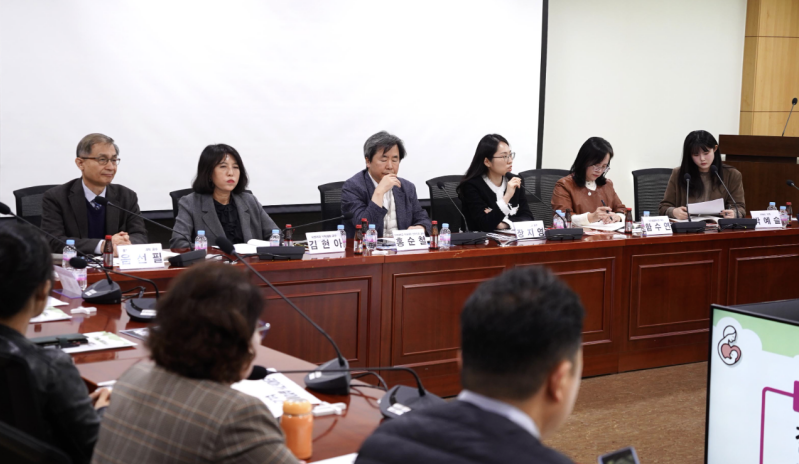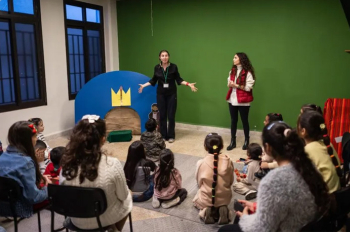
Legal and medical experts in South Korea are warning that chemical abortion—often promoted as a “safe” and “empowering” option for women—is leading to severe health complications and, in many cases, is being carried out under coercion rather than genuine choice.
Speaking at a seminar titled “The Dangers of Chemical Abortion Threatening Women,” held Nov. 10 at the National Assembly, researchers and physicians said the drugs mifepristone and misoprostol pose serious risks such as heavy bleeding, infection, uterine damage, and incomplete abortion, yet are increasingly treated as though they were ordinary contraceptives.
“Behind the language of safety and women’s rights lies a public health crisis,” said Ewha Womans University professor Jang Ji-young, who presented international data showing far higher complication rates than officially reported, according to Christian Today Korea. Citing research from the U.S. Ethics and Public Policy Center, she said 10.9 percent of women experienced serious adverse reactions after chemical abortion—more than 20 times higher than the rate listed by the U.S. Food and Drug Administration.
Additional studies from the United Kingdom’s National Health Service also suggest that complications such as incomplete abortion and severe bleeding are underreported, Jang said. Canadian research has linked abortion history to higher risks of hospitalization for mental illness, substance abuse, and suicide attempts.
Perhaps most alarming, Jang said, were findings from a 2023 international survey indicating that 61 percent of women who underwent abortions said they did so due to pressure from partners, family members, or social circumstances. “These are not free choices,” she said. “Portraying coerced abortion as reproductive freedom is, in fact, a form of violence against women.”
Participants at the seminar, organized by the National Alliance for the Protection of the Unborn and Women, said more honest discussion is needed about the physical and psychological toll of abortion pills and the social conditions that push women toward them.
Pharmacology professor Kim Hyun-ah of Sookmyung Women’s University said the two-drug regimen can trigger not only bleeding and pain but also vomiting, fever, and—in cases lacking proper medical supervision—potentially fatal complications. “The notion that chemical abortion is harmless simply because it’s noninvasive is dangerously misleading,” she said.
Law professor Eum Sunphil of Hongik University warned that proposed legislative changes to the Mother and Child Health Act, which would expand access to abortion medication, could violate both women’s right to safety and the unborn child’s right to life. “We are moving toward normalization of a practice whose medical and ethical risks have not been resolved,” he said.
Speakers, including lawmakers and church representatives, called on the South Korean government and National Assembly to prioritize life protection in any abortion-related legislation. They urged the creation of legal and medical safeguards that protect both women and unborn children, emphasizing access to counseling, informed consent, and post-abortion care.
Rep. Na Kyung-won of the ruling People Power Party said South Korea has remained in a “legislative vacuum” since the 2019 Constitutional Court decision striking down the abortion ban, allowing abortion drugs to proliferate without adequate oversight. “Chemical abortion is not liberation—it is a medical and social tragedy in disguise,” she said.
The seminar, attended by legal scholars, physicians, and pro-life advocates, concluded with a call to reframe public discussion around women’s well-being rather than political slogans. As journalist Yesul Park of Catholic Peace Broadcasting warned, “To call abortion a woman’s right while ignoring the life inside her—and the pressures many women face—is the most dangerous lie of all.”





